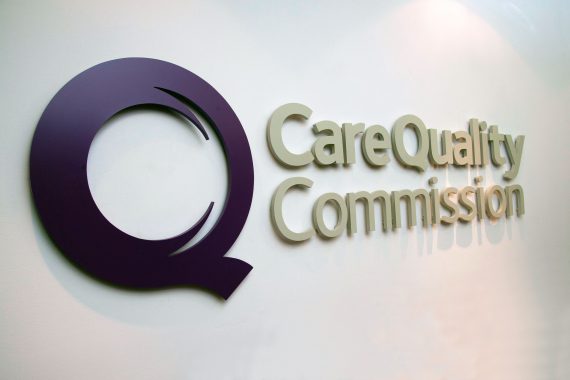The Care Quality Commission (CQC) is an ineffective regulator, MPs on the Public Accounts Committee (PAC) have said.
In a report published today, PAC said the CQC is failing to meet targets for inspecting GPs and that there are delays in the completion of its reports – which often contain basic factual errors.
The PAC said that, while the CQC had made ‘significant progress’ since 2012, it ‘is behind where it should be, six years after it was established, in that it is not yet an effective regulator’.
According to the committee’s report, staff vacancies, problems with recruitment and a high staff turnover have impaired the CQC’s ability to carry out its inspection programme of GPs.
At the time of the report, the CQC had inspected 1,217 GPs against its target of 1,924. At this rate, the CQC predicts that at the end of March 2016, inspection rates in primary medical services will be 8% below target.
The PAC also raised concerns about the timeliness and quality of the draft inspection reports, finding that the CQC is taking 67 days to complete reports on GPs despite having a target of 50 days.
Labour MP Meg Hillier, who chairs the PAC, said: ‘There’s too often a long gap between inspections and reports being published – and sometimes an alarming lack of attention to detail when reports are being prepared.
‘One NHS foundation trust told us staff had identified more than 200 errors in a draft commission report, including data inaccuracies. The fact these errors were picked up offers some reassurance but this is clearly unacceptable from a public body in which taxpayers are placing their trust.’
The report suggested that the CQC explain how it plans to improve the quality of draft reports and reduce delays in publishing the reports, stating that the PAC ‘expect[s] to see progress on this in the next 12 months’.
Responding to the report, CQC chief executive David Behan said: ’We have always maintained that there is more we have to do, in particular with regards to improving the timeliness of our reports and inspecting all health and adult social care services. These are not new issues and we have been working hard to improve our performance. We have reported on our progress in public every month and we will continue to do so.
’What is essential is that we do not take any shortcuts, which could compromise the quality of the important work that we do.’
In a previous report on the CQC in 2012, the PAC expressed ‘serious concerns about the Commission’s governance, leadership and culture’.
The criticism comes as the CQC has proposed to increase fees for primary care registration by 567% within the next two years – an increase of £15,000 for some practices.

















